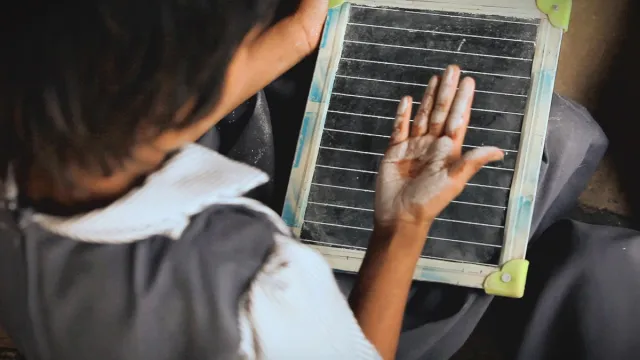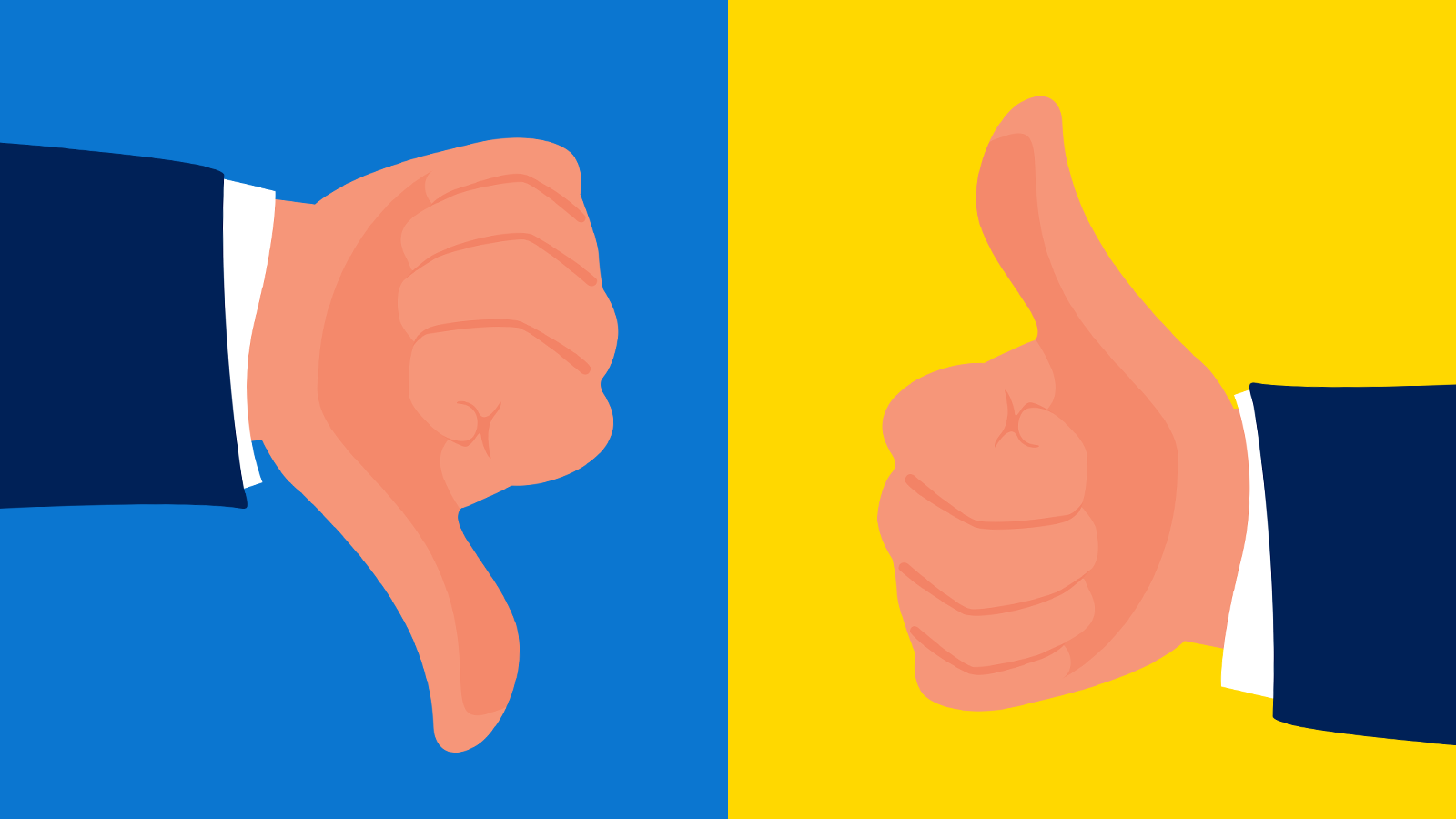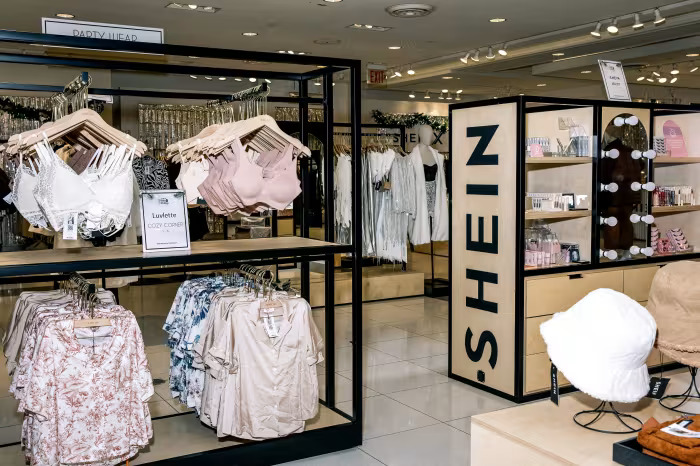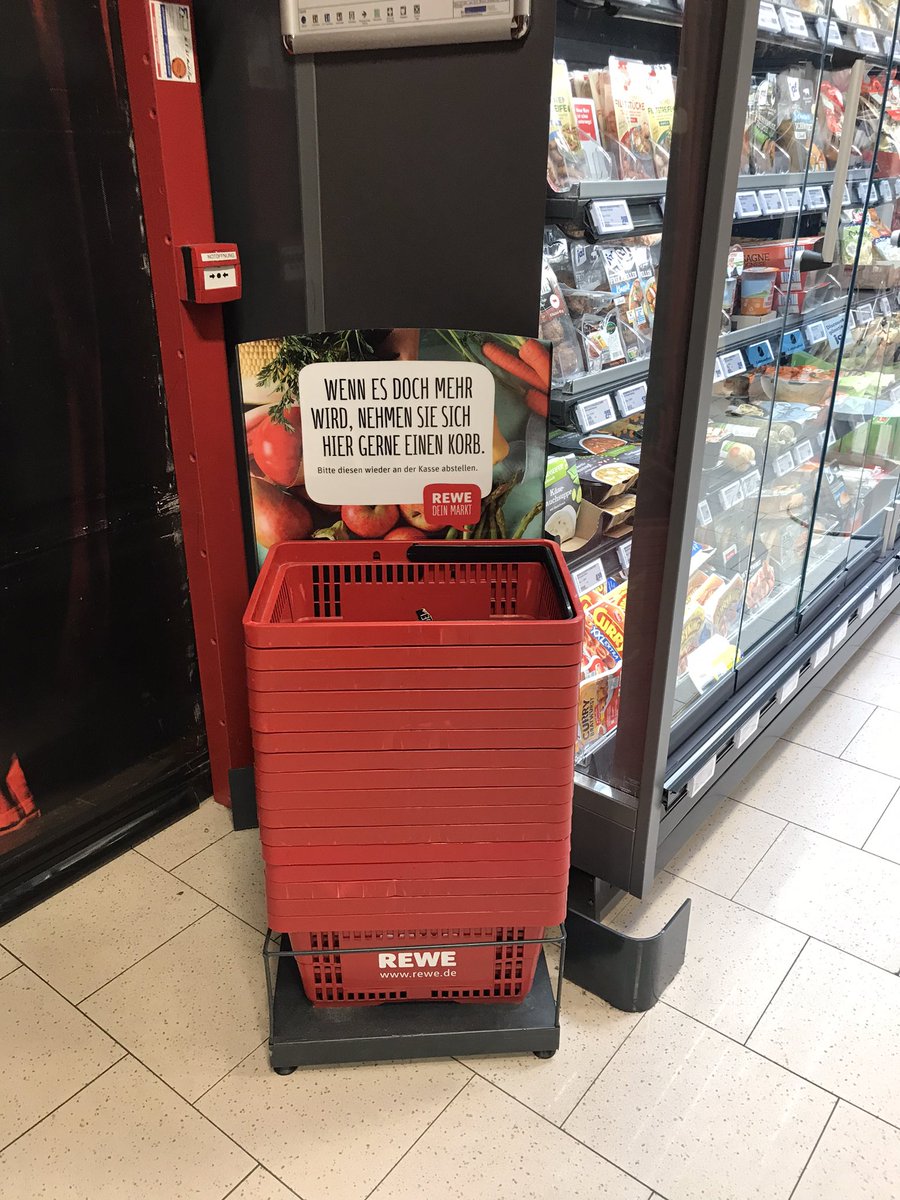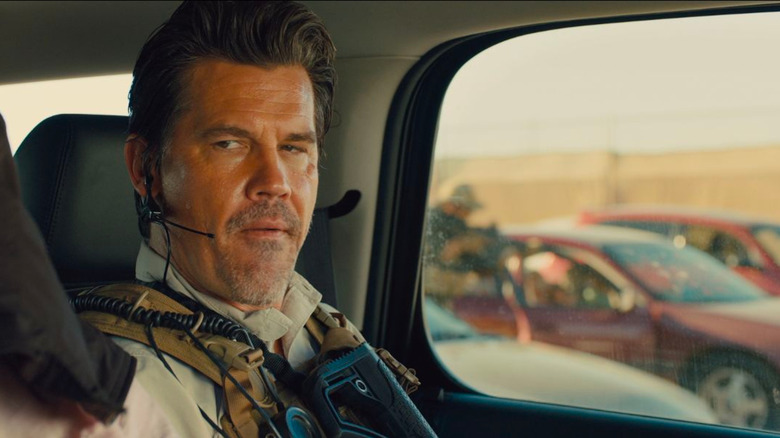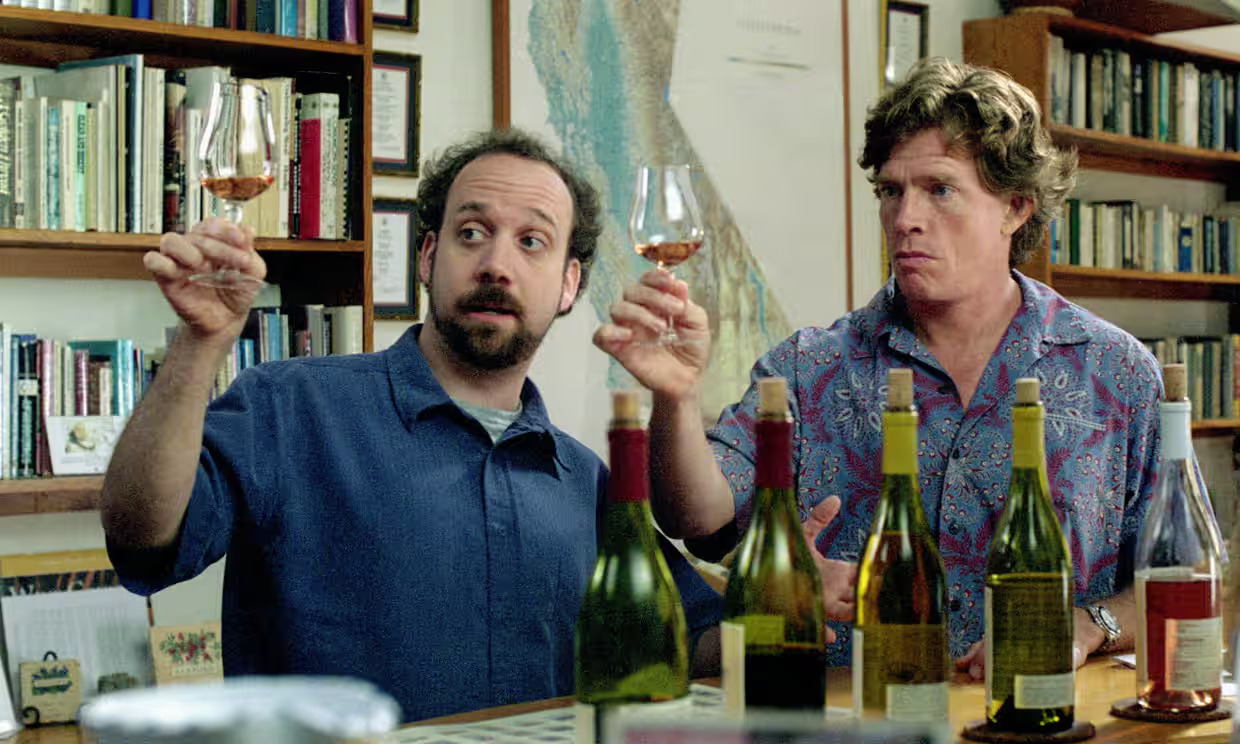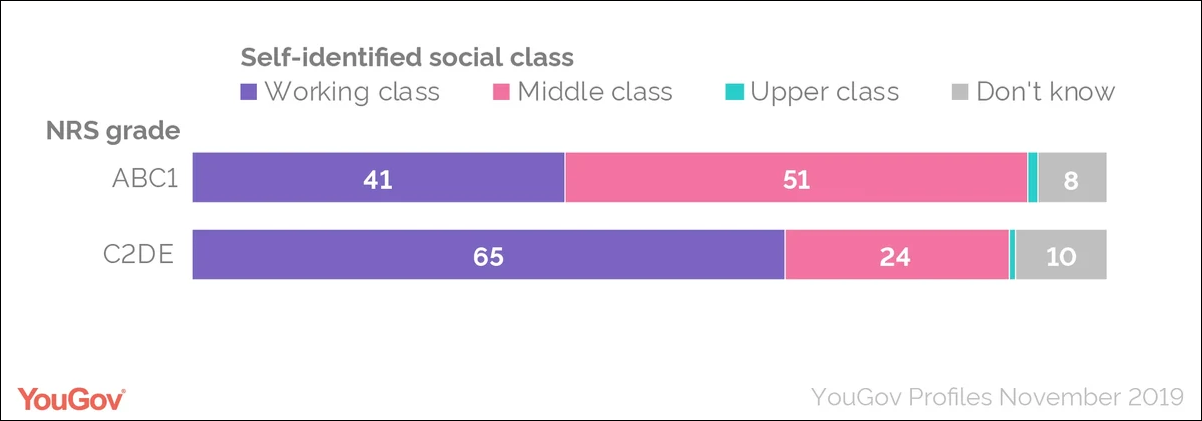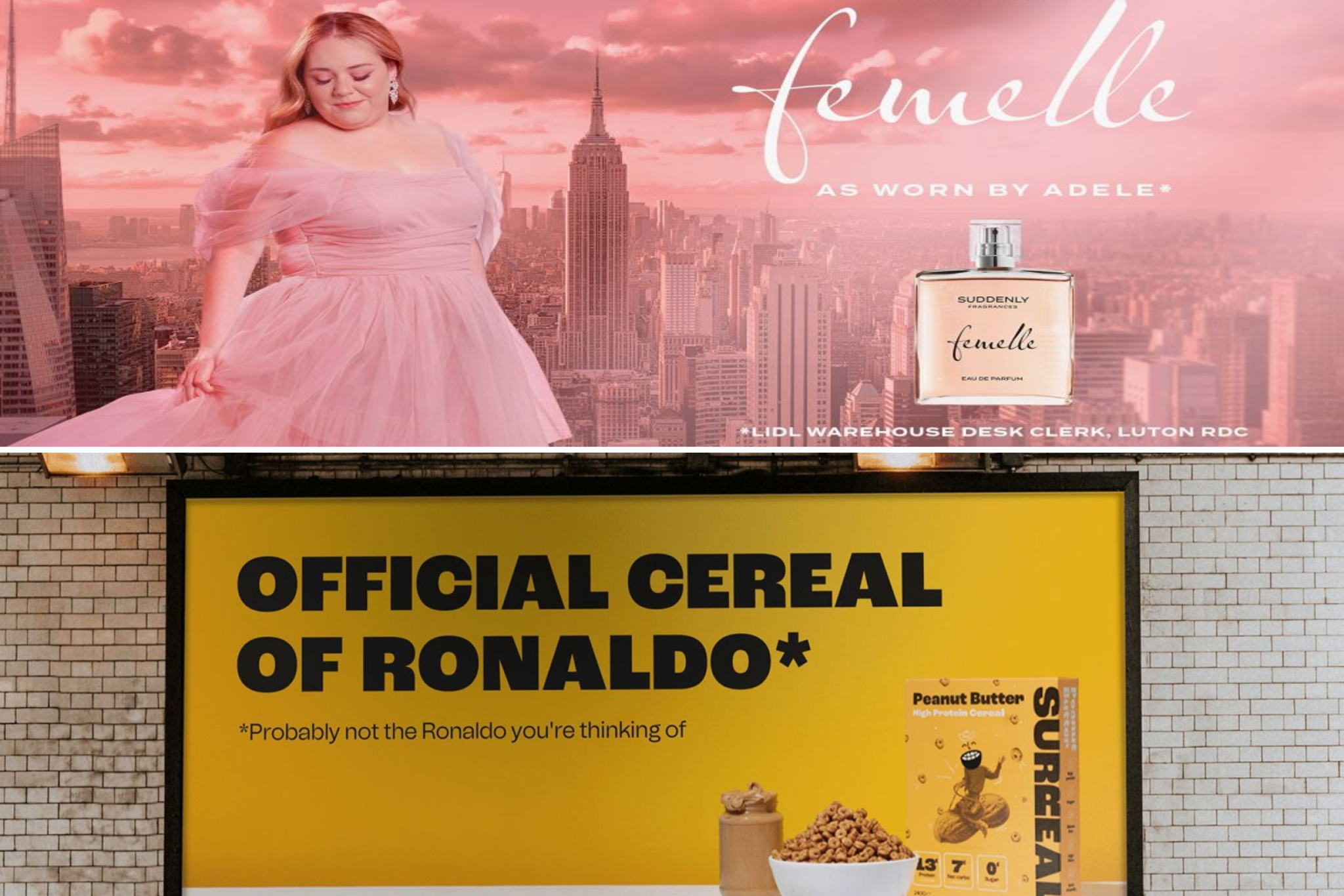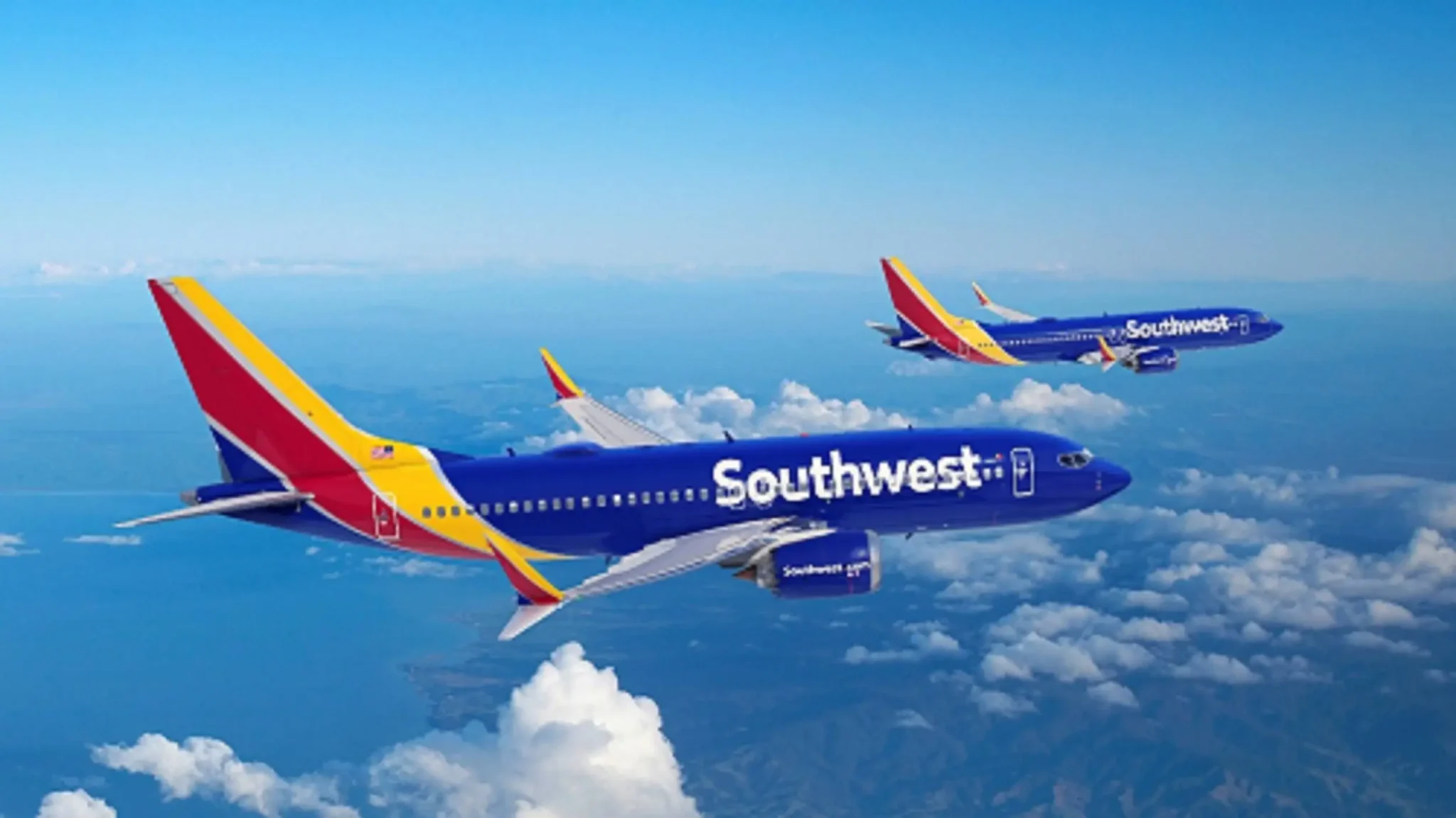To address the issue of children in India not washing their hands with soap, Savlon created Healthy Hands Chalk Sticks. So when children put their hands under the tap before lunch, the chalk powder on their hands turned into soap on its own – a great example of starting a new behaviour off the back of an existing habit.
All Threads
It’s a common piece of advice to juniors entering the workplace: the best way of getting stuck in and learning from those around you. At the same time, people love to cite Steve Jobs’ teaching that “innovating is saying no to 1000 things.” The reality is that both have merit – it just depends on the context.
The world’s greatest playwright was a serial borrower. All of Shakespeare’s plays were inspired by original source material; Hamlet comes from the Old Norse Saga of King Rolf Kraki, while A Midsummer Night’s Dream was based on Ovid’s Metamorphoses and Chaucer’s The Canterbury Tales.
Shein sells clothes for every need and occasion, but it was originally a portal to buy wedding dresses; branching out into womenswear in the early 2010s and to all types of fashion a few years later.
Rewe, a German supermarket, places baskets at the back of stores for people who have picked up too much to carry in their hands.
Supermarkets sell more when they allow consumers to buy quickly. Conversely, a slow shopping experience limits sales.
In the film Sicario, Josh Brolin’s character pauses and looks away before he reveals the big plot twist: the FBI is trying to create single Colombian-run business that the US can more easily control. But the pause only came about because Josh Brolin forgot his lines.
The Sidemen channel recently released an eight part ‘Big Brother’ style YouTube series, which gained over 10 million views (more than the Prime Minister debate and Love Island combined). TV in disguise.
The Oscar-winning film Sideways did more for Pinot Noir than any wine seller could have dreamed of. The film’s hero, a schoolmaster and wine snob played by Paul Giamatti, loathes merlot and loves pinot noir, its less favoured rival. In the weeks after the film opened Sainsbury’s reported a 20% surge in pinot sales, while across the US sales increased by 16%.
It’s not hard to find iconic slogans that break this rule. FedEx (When It Absolutely, Positively Has to Be There Overnight), Patek Philippe (You never actually own a Patek Philippe. You merely look after it for the next generation), Avis (We’re number two, so we try harder), MasterCard (There are some things money can’t buy. For everything else, there’s MasterCard). Sometimes a few extra words creates a memorable rhythm.
Our standard measure of social class was never designed to describe class – it was meant to describe occupation. ABC1 is the term for those who work in administrative or professional roles, and is now the common label for middle class, but only half of this group considers themselves to be so. Meanwhile two-thirds of C2DEs, those in manual work, believe themselves to be working class.
Brands often claim that customers who like their social media pages tend to spend more. But a study from the Journal of Marketing Research shows this is just correlation. Joining a brand’s social network has no impact on consumer attitude or behaviour; it is simply a symptom of preexisting fondness for the brand.
Ad people are much more likely to use social media than the general public. It’s no wonder that so many marketers overestimate its effectiveness within the media mix.
This one idea underpins the ads from Surreal & Suddenly Fragrances (Lidl’s own brand), yet the two resonate differently.
In the early days, Southwest Airlines had to sell one of their planes or face bankruptcy. Noticing that the average gate turnaround time was about 60 minutes, they would be able to fly all their current routes with one less plane they if they could shrink their gate turnaround time from 60 minutes to 10 minutes. So they developed a radical new boarding process with no assigned seating, and in doing so revolutionised the airline industry.

